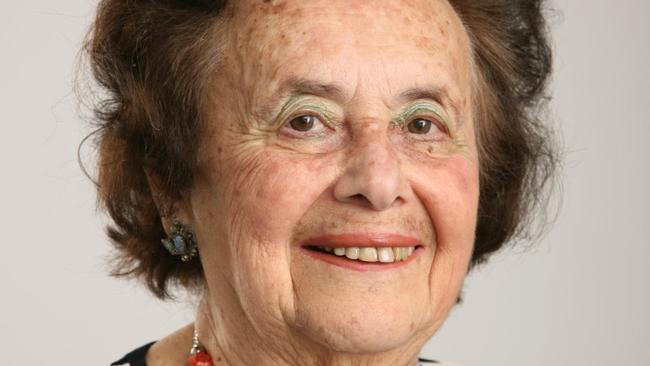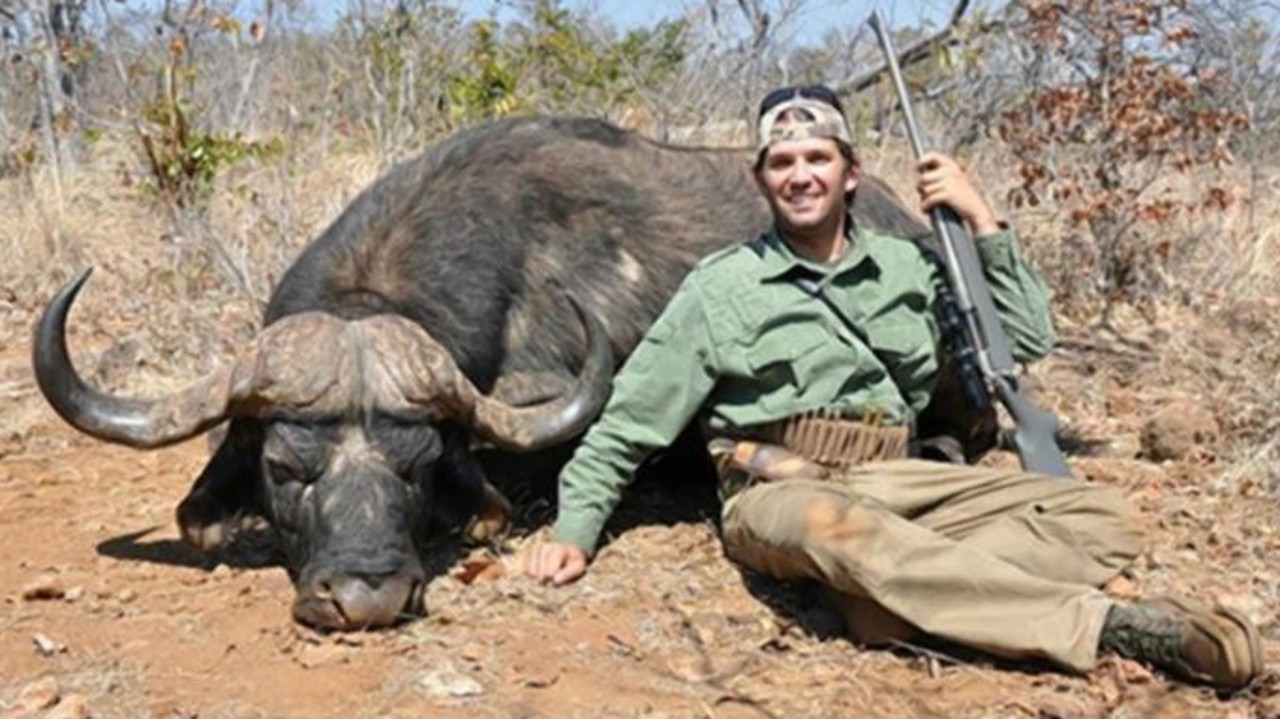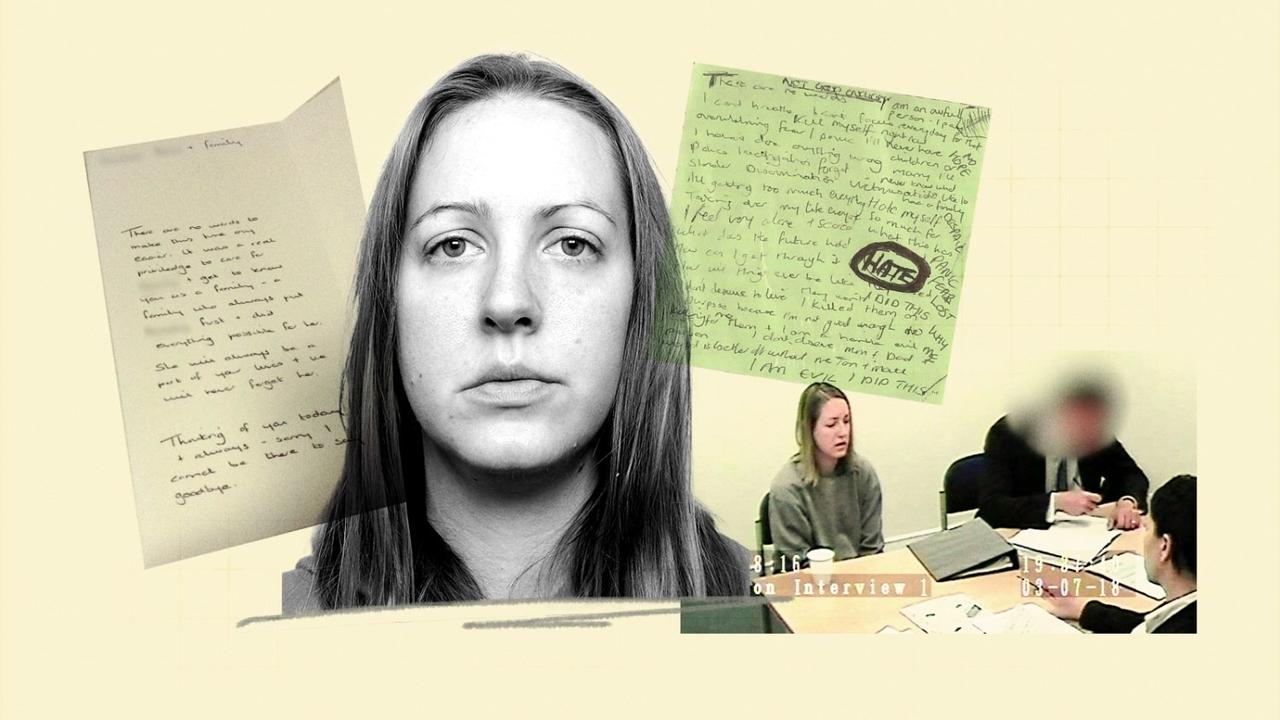Lily Ebert survived Auschwitz and finally managed to tell her unique story
Hungarian-born Auschwitz survivor Lily Ebert became a prominent Holocaust educator and wrote a best-selling memoir aged 96.

The train carrying 20-year-old Lily Ebert, her family and hundreds of other Hungarian Jews arrived at Poland’s Auschwitz-Birkenau concentration camp on July 9, 1944. Those who had survived the five-day journey in the packed, suffocating wagons were swiftly lined up by Nazi officers with dogs. Josef Mengele, the Angel of Death Auschwitz physician, then decided who should die and who should live.
“With one glance at you, this man gestured with his stick to the right or to the left,” Ebert recalled 75 years later. “My mother and Bela and Berta (Ebert’s younger brother and sister) were sent left. I was sent right. Renee and Piri (her other sisters) too. So fast we couldn’t exchange a single word. That was it. Over.”
The girls were stripped, shaved and given rags to wear. A sickening stench hung over the camp. Flames leapt from a nearby chimney. “What kind of factory is that?” she asked a fellow prisoner. “They’re burning your family there,” the woman replied. “Your parents, your sisters, your brothers. They’re burning them.”
Against all odds, Ebert managed to keep her sisters alive and together throughout the following year. Though diminutive, they survived starvation, scarlet fever, regular “selections” to remove the sick and infirm, a slave labour camp and a death march before they were rescued by American soldiers in April 1945.
Faith and “not being alone” kept them alive, Ebert stated in Lily’s Promise, her bestselling memoir. She wrote the book aged 96 with Dov Forman, then 16, one of her 36 great-grandchildren, during the Covid lockdown.
For decades she never spoke of her experiences, not even to her children, though she could not hide the Auschwitz number A-10572 tattooed on her arm and always carried a piece of bread with her to protect against starvation. That did not change until the late 1980s, by which time Ebert had settled in London.
Keeping a vow she had made in Auschwitz, she spent much of the last third of her long life telling her story, determined that nothing remotely resembling the Holocaust should happen again. She gave countless talks to schools and interviews to media outlets from around the world while amassing a huge following on social media, with more than 1.7 million followers on TikTok alone. Last year Ebert was appointed MBE.
In a foreword to her memoir published in 2021, the King, then prince of Wales, wrote: “She and her story are a beacon of light in the darkness; a symbol of hope amongst the despair.” The following year they met at the unveiling of portraits of her and six other survivors that Charles had commissioned as a memorial to victims of Nazi genocide. Ebert, then 98 and one of the few Auschwitz survivors still alive, told him: “Meeting you, it is for everyone who lost their lives.” He replied with evident emotion: “But it is a greater privilege for me.”
In Hungary, life was carefree until Ebert’s father died of pneumonia in 1942: “He was lucky to die when he did. At least he escaped all the pain that would come so soon. He would never have to know his family’s fate.”
In Auschwitz, Ebert and her sisters mended uniforms and lived in fear of execution. They pinched their cheeks to make themselves look healthier before selections.
The sisters and 500 other women were moved to Altenburg, a labour camp south of Leipzig that formed part of the Buchenwald complex. There they worked 12-hour shifts in a munitions factory. Ebert mixed bad bullets with good ones as an act of resistance.
By early 1945 the inmates could hear Allied bombers pounding Leipzig and Dresden by night. One day in April they were ordered to leave immediately. They had to march for hours without food, water, sleep or proper footwear. Those who lagged behind were shot. Then, on the third day, the guards melted away and American tanks rolled down the road.
The sisters migrated to Israel in June 1946. Nobody talked of the Holocaust. Building a future was what mattered. Lily married Shmuel Ebert and had three children. Her brother Imi escaped from Hungary after the 1956 uprising and joined them in Israel bearing Shabbat candlesticks he had recovered from their parents’ home.
The Eberts moved to England in the 1960s and Shmuel died in 1984, by which time people had begun to talk about the Holocaust again and Lily Ebert joined them.
In 1988 she returned to Auschwitz and again in 1996. “The satisfaction of walking freely into Auschwitz with my granddaughters, and walking freely out again, through those gates of Hell, made me stronger,” she wrote. Her memoir was a bestseller: “I’ve told the world what happened.”
Lily Engelman Ebert. Holocaust survivor, writer and educator. Born Bonyhad, Hungary, December 29, 1923; died London, October 9, aged 100.
The Times


